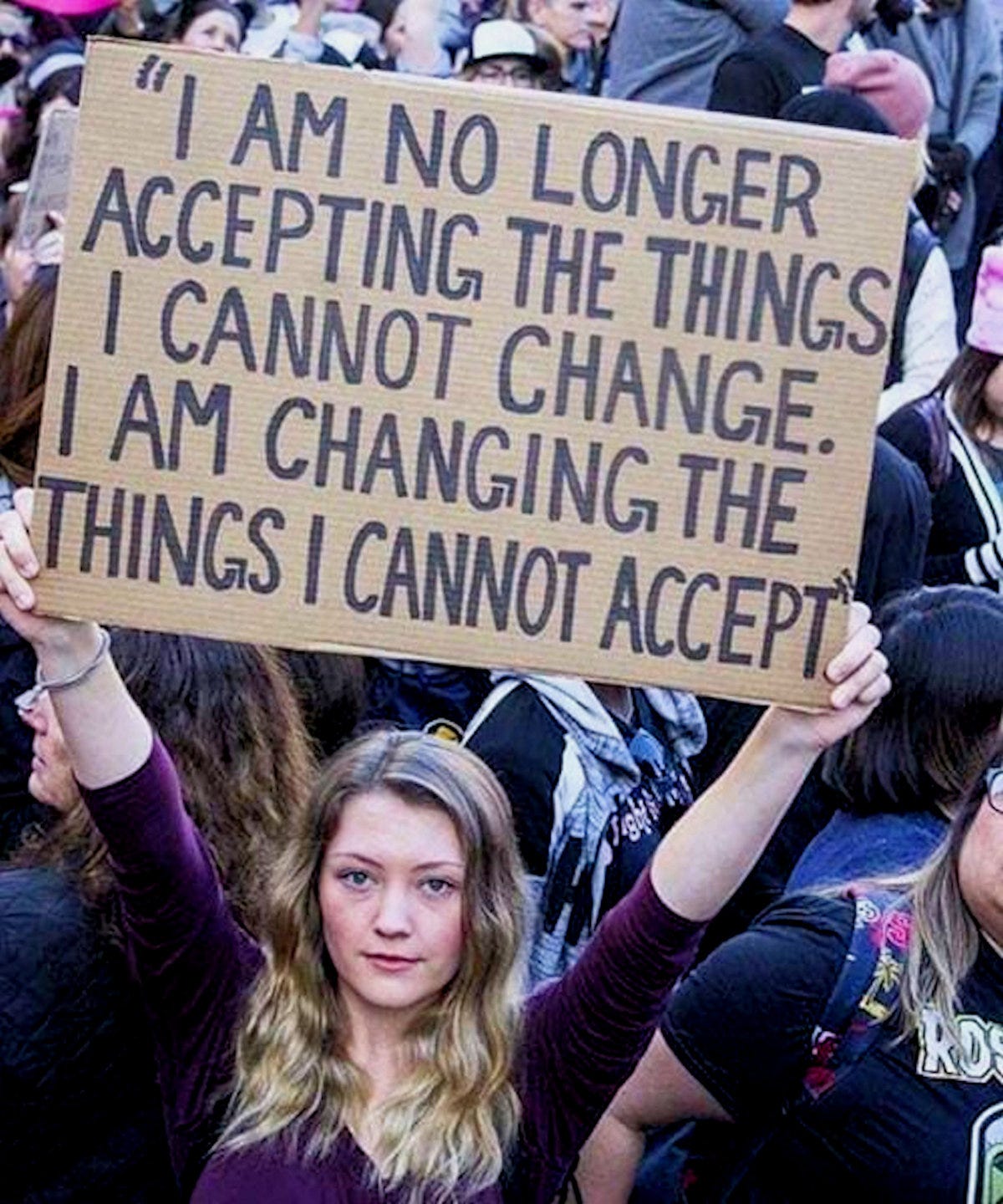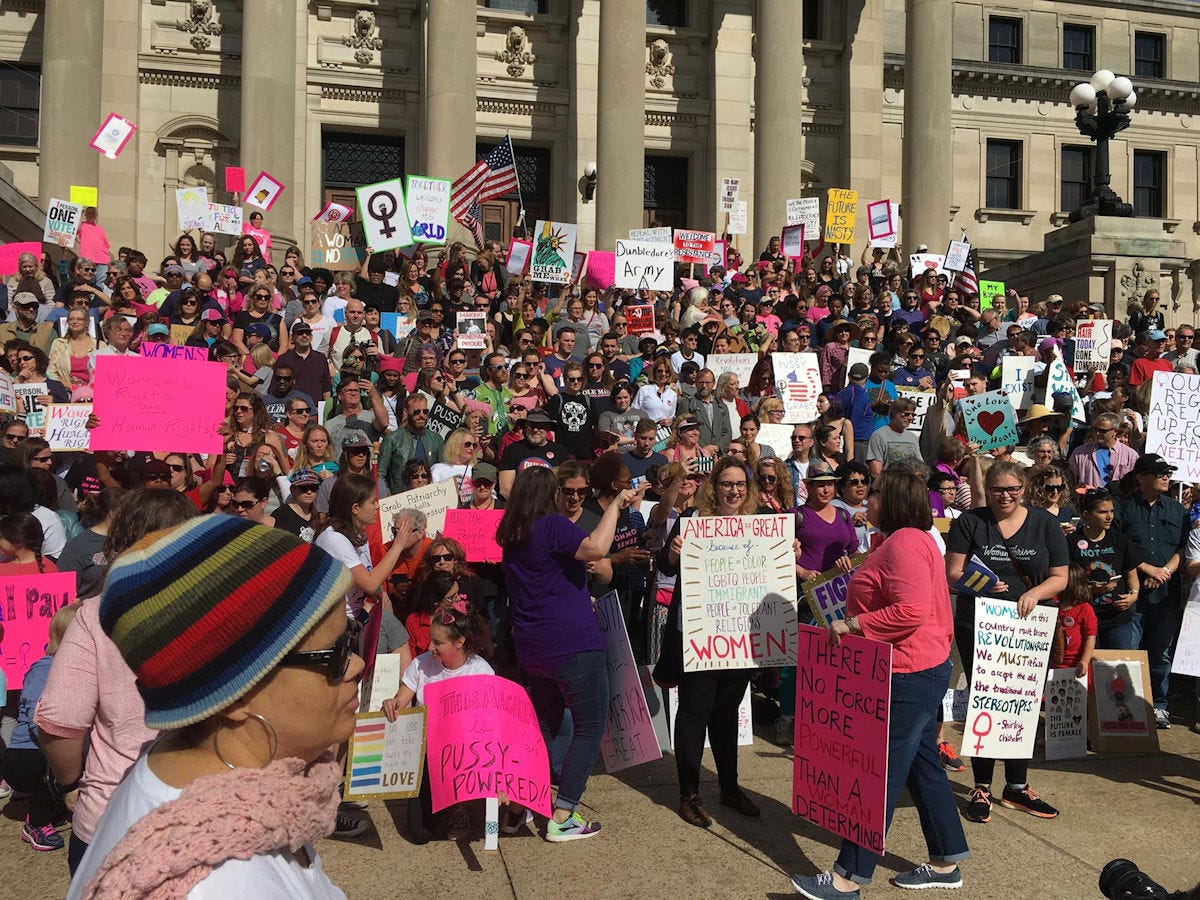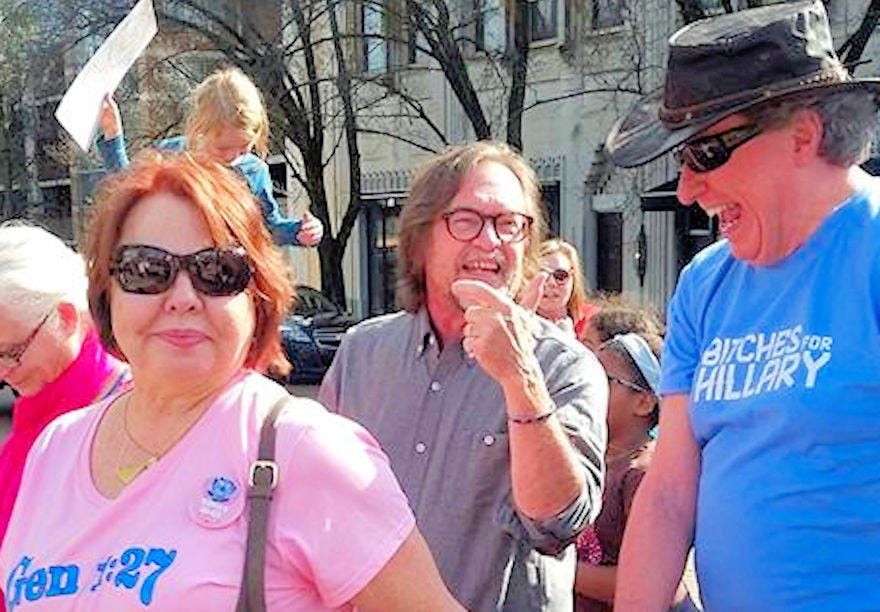“Scandalized missionaries frequently reported that American women were considered to have full control over their own bodies. … Such sinful conduct, they believed, was just the extension of a more general principle of freedom”
- David Graeber & David Wengrow, The Dawn of Everything (2021)
The above statement refers to how Jesuit missionaries who came to America in the seventeenth century viewed (indigenous) Americans in what they called “New France.” It is part of the book’s arguments: that the ideals of reason, freedom and equality that became the Enlightenment were imported to Europe from practices and ideals of the Eastern woodland “Indians” of North America. The notion that it is “self-evident” that “all men [Jefferson omitted women] are created equal, that they are endowed by their Creator [Nature’s God] with certain unalienable Rights, that among these are Life, Liberty and the pursuit of Happiness” and “Liberté, égalité, fraternité,” are American in origin places the significance of what happened a year ago today in a bright light.
♦ ♦ ♦
Today marks the first anniversary of what was arguably the most outrageous Supreme Court decision in 165 years. In Dred Scott v Sandford in 1857, the Roger B. Taney Court ruled by a 7-2 margin that enslaved African Americans do not have the rights of American citizens, and are not entitled to protection from the courts. Classifying enslaved people as property, the Court majority also said that the federal government could not prevent a man from taking his human property with him into territories.
On June 24, 2022, in Dobbs v Jackson Women’s Health Organization, the Leonard A. Leo Court ruled 5-4, in essence, that women do not have the rights of American citizens—and the rights of some indigenous Americans before Europeans arrived in North America.
In both cases, the Court went beyond the issues of the case before it to take extreme positions. In Dred Scott, the finding that enslaved people were not citizens and had no standing to bring the case should have been the end of it. But Taney went on to open the territories to enslavers.
In Dobbs, the Court could have found that the Mississippi law prohibiting abortion after 15 weeks was constitutional without overturning the 1973 Roe v Wade decision (which was itself the middle ground, as I argued in the Washington Post in 1992). But the hard-right zealots instead went ahead and overturned a right that had been held by Americans for a half century.
The Dred Scott and Dobbs decisions both had enormous consequences.
The former further inflamed the battle over the extension of slavery that had given birth to the new Republican Party three years earlier and would be a major stimulant to the election of Abraham Lincoln in 1860, secession, and the Enslavers’ Rebellion (aka Civil War).
Dobbs has proven to be a potent force in reshaping American politics. A new NBC poll on whether various groups approve or disapprove of the extremist Court’s taking away women’s ownership of their own bodies is absolutely stunning.
Note that the only demographic category that approves the overturning of Roe is Republicans and nearly a third of them disapprove. Men, White Voters, Latinos, and Independents all oppose the anti-woman position of the Republican* party by substantial margins. And, perhaps most significantly, women between 18 and 49 (that is, the future) oppose the Republican* position by a staggering 77-21.
♦ ♦ ♦
There is a very deep history beneath the battle over whether women control their own bodies—it boils down to the same question that was at issue about African Americans in Dred Scott: Are women people or property?
I dealt with the deep history underlying this millennia-long struggle in my 2001 book, Eve’s Seed: Biology, the Sexes, and the Course of History and am now working on it again in my next book, tentatively titled “Diving Beneath the Wreck—and Resurfacing: A Discourse on the Origin, Foundation, and Consequences of the Belief in Inequality between Men and Women.” I cannot get into the argument here, but this is a brief statement on what I see as the deepest source of the problem:
The male inability to bear and nourish children is the deep font of the insecurity that many men, to varying degrees, feel. Because of this relative incapacity, many men suffer, largely subconsciously, from what might be termed “womb envy” and “breast envy,” or even the “non-menstrual syndrome.” So, while making the claim that women are “by nature” inferior, many men have actually harbored a fear that women are, in certain respects, by nature superior. Such men seek to make women “by culture” inferior and confine them to certain roles:
Pregnancy, birthing, and nursing have always constituted a “no-man’s land.” In response to this circumstance, men have, throughout history and across cultures, set up a variety of “no-woman’s lands”: war, politics, clergy, business, men’s clubs, and so forth. From which activities women are excluded varies from one culture to another, but some form of exclusion can be found in all societies. The underlying motivation for such practice in our own culture is reflected in a striking statement made by an American Catholic bishop in 1992: “A woman priest is as impossible as for me to have a baby.”
Women having control over their bodies means that they are equal human beings, not the property of men. Thus this issue is Armageddon for insecure males.
♦ ♦ ♦
If I were within striking distance of Washington, I would be at the Women’s March today. There is not one scheduled for Mississippi, but we had a remarkable Women’s March in Jackson following Trump’s inauguration. Here are a few images from that one:
___________________________
NOTE: My times they are a-changin’. I have just retired after teaching for, they tell me (I’m thinking of demanding a recount), a half century, at Millsaps College. I’ll miss the classroom and stimulating discussions with students, but my life won’t change that much, as I have for decades spent most of my time writing and that will continue.
One thing that will change, though, is our income. Without my teaching salary, I need a new source of revenue. A patron or group of patrons establishing a fund to support my writing would be nice, but that’s not in the cards. Accordingly, I have decided to start taking paid subscriptions to my Substack essays. I don’t want to keep anyone from reading them without charge, but for those who can afford a paid subscription, I hope you will do so. There will also occasionally be a premium essay that is only available to paid subscribers.









